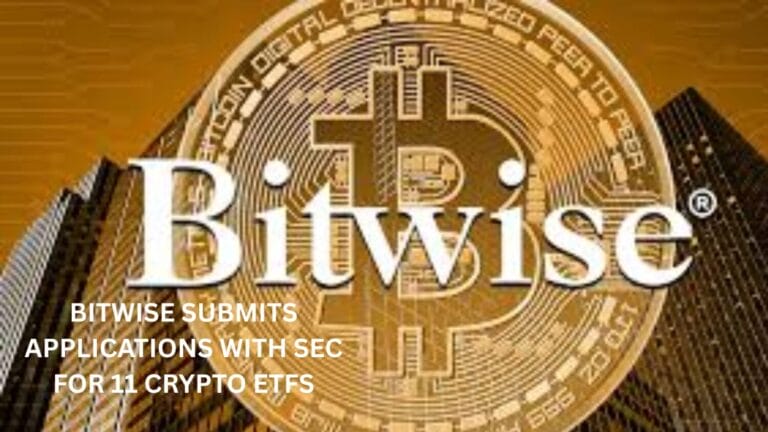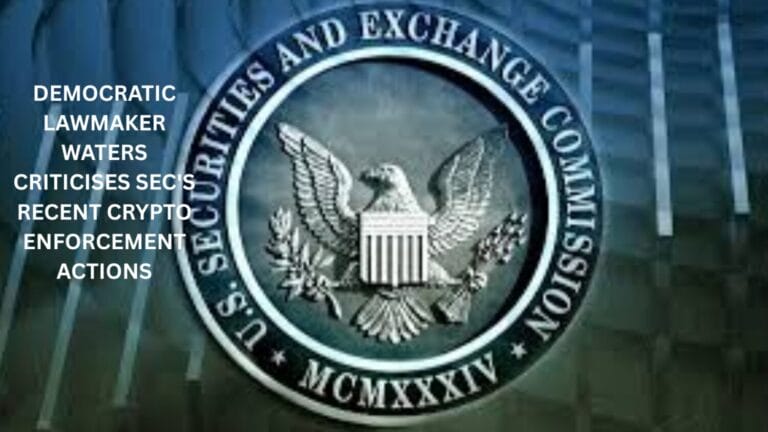Key takeaways:
- In a speech on March 11, the US FDIC warned that if blockchain technology regulation is handled poorly, bank clients and the US economy may lose out on prospects.
- Regulators must provide direction and consistency in order to ensure that deposits of all kinds receive the same treatment, according to Hill.
In a speech on March 11 at the Mercatus Centre think tank, US Federal Deposit Insurance Corporation (FDIC) vice chair Travis Hill warned that if blockchain technology regulation is handled poorly, bank clients and the US economy may lose out on prospects. According to Hill, the US is already in danger, and the FDIC is partly to blame.
It might be feasible to conduct financial transactions at any time with real-time settlement through the tokenization of bank deposits and other real-world assets (RWA), according to Hill.
Furthermore, it would enable programmability of payments, facilitating intraday exchanges for repurchases (repo) and accelerating bond issuance settlement times, among many other operations. Another advantage for customers could be switching from escrow to programmable payments.
Hill stated the usage of unified ledgers, blockchain interoperability, and ownership rights as assets travel along the blockchain as some of the several unanswered concerns surrounding tokenization. In addition:
“Global standards are being established, directly or indirectly, and with many non-U.S. jurisdictions actively engaged in this area, the United States risks ceding influence at this critical stage.”
Programmability may help to lower Know Your Customer (KYC) procedures and settlement risks, but it may also make it easier for customers to transfer assets quickly, which could exacerbate bank runs. Hill explained that in order to stop that, a “off” switch is required.
In the past, regulatory bodies have made unsuccessful attempts to develop uniform policies; as a result, Hill stated, “the agencies established processes under which institutions must engage with their regulator on an individual basis.”
Hill observed that the FDIC’s rules, which apply the same rules to all blockchain transactions, regardless of whether they use cryptocurrency or RWA, are onerous and unfairly imposed:
“Institutions have spent months responding to a long stream of information requests, diverting attention away from developing new technologies and systems. […] The message being heard by the vast majority of the industry could be interpreted as don’t bother trying.”
Regulators must provide direction and consistency in order to ensure that deposits of all kinds receive the same treatment, according to Hill.
He opposed the contentious Staff Accounting Bulletin 121 (SAB 121) of the Securities and Exchange Commission (SEC), which mandates that financial institutions handle cryptocurrency holdings differently from other types of assets. According to him, tokenized RWA falls under the bulletin’s broad definition of a crypto asset.
Recently, the SEC of Thailand has altered the rules pertaining to the creation of private funds that purchase spot Bitcoin exchange-traded funds (ETFs) listed on US exchanges. As to the SEC secretary-general, only authorized investors will be permitted to be exposed to Bitcoin ETPs due to their significant risk.









